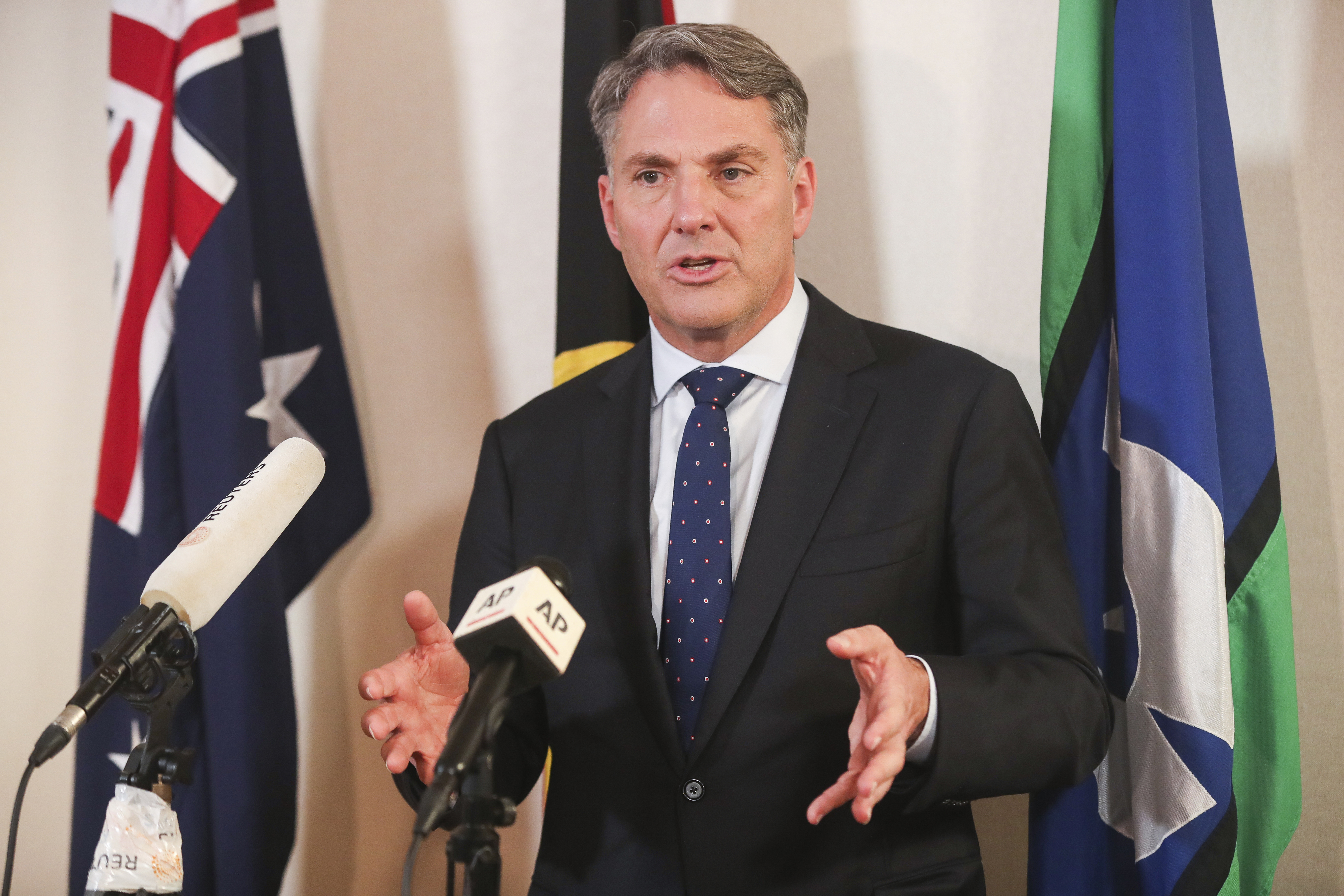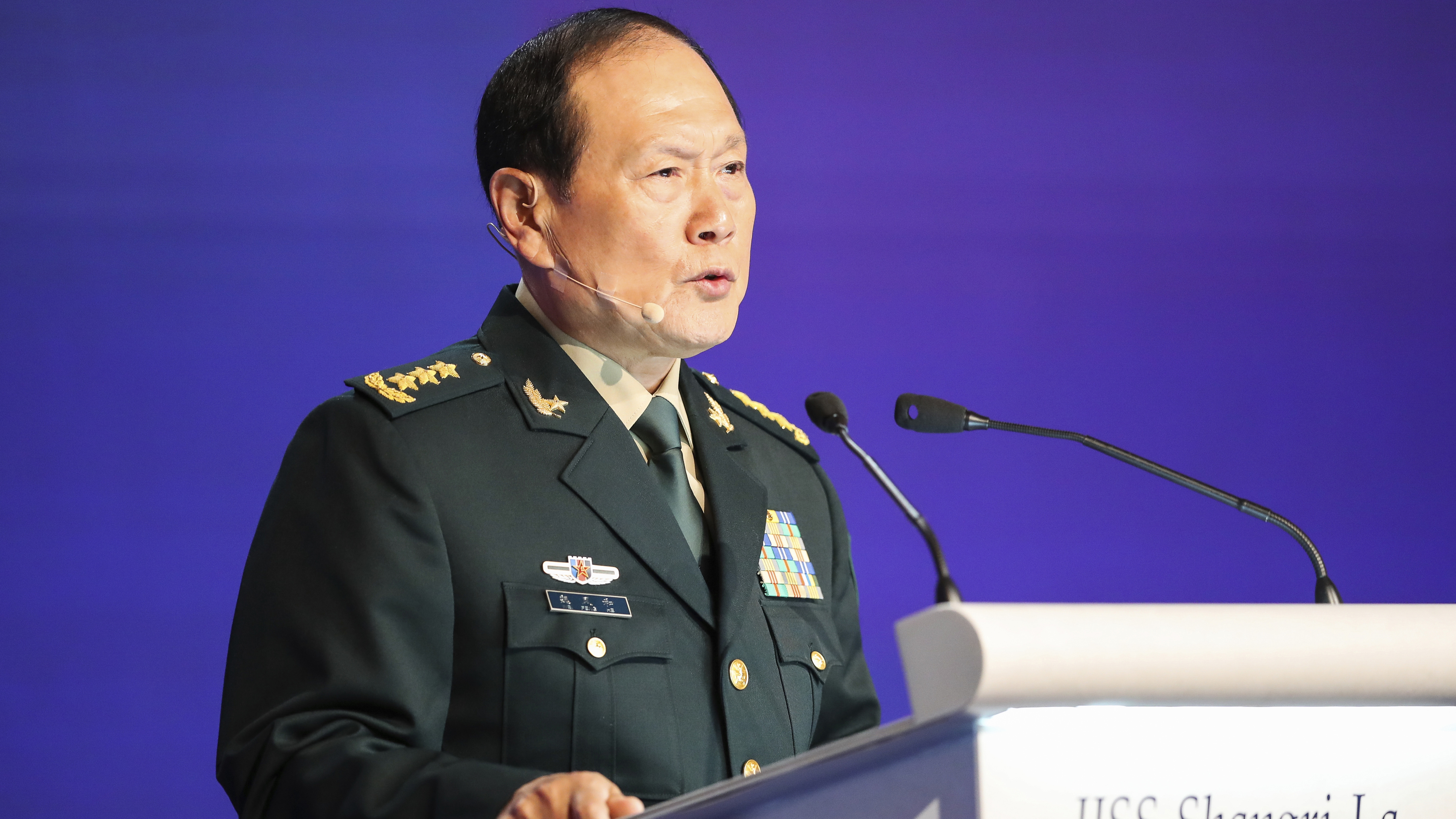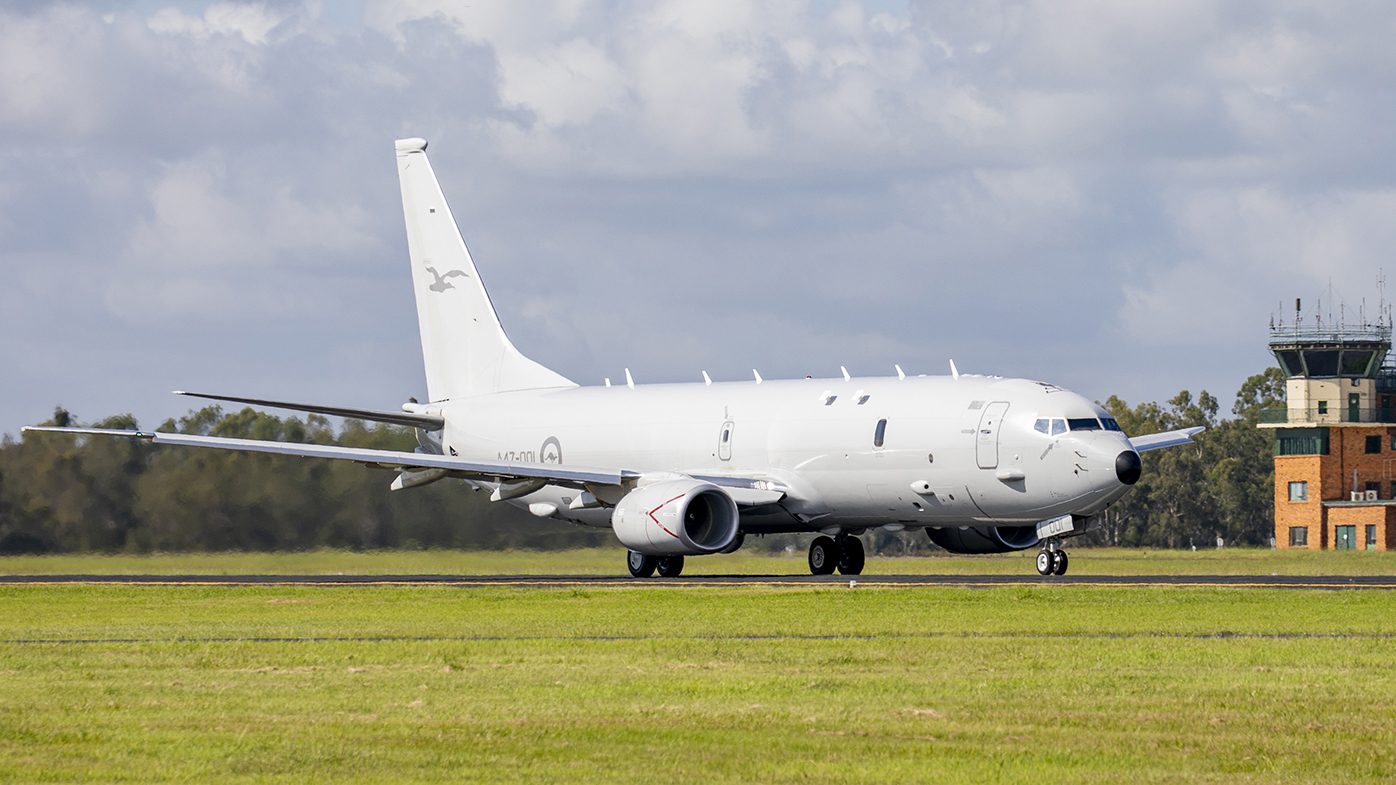Defence bosses from Australia and China have met for a one-on-one meeting for the first time in almost three years, ended a two-year diplomatic freeze between Canberra and Beijing.
Deputy Prime Minister and Defence Minister Richard Marles said his meeting with Chinese Defence Minister Wei Fenghe in Singapore was "important" but Australia would take its relationship with China "step by step".
READ MORE: Teen injured in early morning bottle attack in Sydney
"China is our largest trading partner and we value a productive relationship, that's a point we've made for a long time," Marles said.
"That said, we have a whole lot of national interests and we are not going to waver from asserting those in the strongest possible terms described today.
"While there is a change of tone there is absolutely no change in the substance of Australia's national interest."
On Australia's agenda is the threat that China will militarise the Pacific, as it has the South China Sea, where a Chinese jet recently threatened an Australian surveillance plane.
Marles said his concern was to ensure the Indo-Pacific countries were "not put in a position of increased militarisation".
"It was a full and frank discussion which we feel is a very important first step," he said.
"Australia's China relationship is complex and it's precisely because of this complexity that it really is important and that we are engaging in dialog right now."
Marles is at the Shangri-La Dialogue defence summit.
Australian Strategic Policy Institute director Michael Shoebridge said China had a "credibility problem."
"Really, diplomacy can't be a game of pretend," he said.
"And when there is such a gap between China's actions and words, it's a problem."
China's defence minister earlier on Sunday accused the United States of trying to "hijack" the support of countries in the Asia-Pacific region to turn them against Beijing.
He claimed Washington was seeking to advance its own interests "under the guise of multilateralism."
Wei lashed out at US Secretary of Defense Lloyd Austin, rejecting his "smearing accusation" from a day earlier that China was causing instability with its claim to the self-governing island of Taiwan and its increased military activity in the area.
Austin had stressed the need for multilateral partnerships with nations in the Indo-Pacific, which Wei suggested was an attempt to back China into a corner.
Source: 9News





